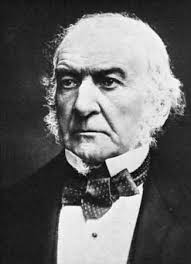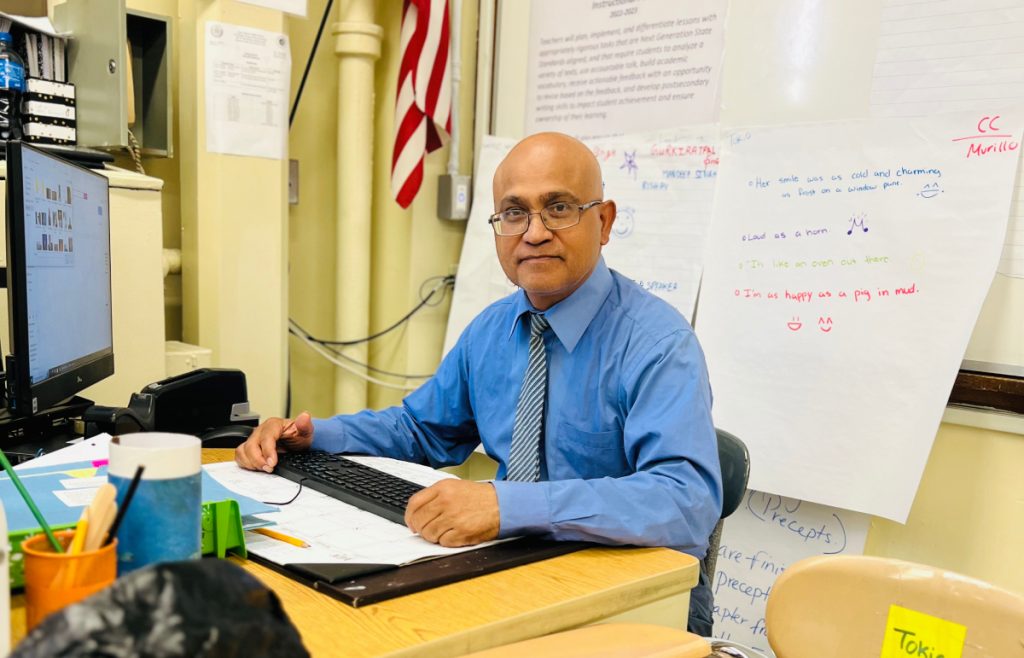There is an invitation under the letter head of the University of Guyana (no office mentioned) for a ceremony on Friday August 25 relating to the official opening of “The International Institute for Migration and Diaspora Studies” with a talk or dialogue on “Legacies and the Future” at the university. There will also be an apology from the heirs of the wealthy Gladstone family of Britain; the family owned slaves and also exploited Indians under an indentureship system they introduced.
I wish to commend the initiators and planners of this institute and the talk and or dialogue, which the organizers say is being done now to commemorate the 200th anniversary of the 1823 slave rebellion that occurred on the Gladstone Plantation (estate). That is an event worthy of remembrance and commemoration. The 200th anniversary of commencement of indentureship that replaced slavery is 15 years away; it is hoped there will also be a commemoration at UG, the depravities related to it.
The invitation and an accompanying press release do not say whose legacies and whose future will be addressed. It is hoped that the dialogue and or talk will address the legacies of the native indigenous people, slavery and indentureship although we can’t draw that conclusion or make a logical rational inference based on the invitation and an accompanying press release.

William Ewart Gladstone was the Liberal prime minister of the United Kingdom of Great Britain and Ireland on four separate occasions between 1868 and 1894 during Indian indentureship in Guyana (1838 to 1920). A Liberal PM was a promoter of slavery and indentureship. There were great debates between him Benjamin Disraeli.
William’s father, John Gladstone, was the one who experimented with the indentureship system in the Indian Caribbean and found it very profitable, more lucrative than slavery. He institutionalized Indian indentureship that led to some two million girmityas being engaged in forced, exploitative labor in Africa, Pacific, Caribbean, and Indian Ocean territories. The Gladstone family owned ships that were used to transport indentured labourers from British India to the Caribbean. Whitby and Hesperus, the two ships that transported the first batch of indentureds (girmityas) to British Guiana, arriving on May 5 1838, were owned by the Gladstone family. The family also owned slaves, indentured laborers and plantations. Slavery was abolished in 1834. A period of apprenticeship resulted in the ex-slaves remaining on the plantations or estates working or being trained with payment. Some 240,000 girmityas were indentured in Guyana as against some 72,686 slaves. Historians described the indentureship system as not being much different from slavery. In fact, it was called a “new form system of slavery”. The Gladstone family became extremely wealthy as a direct result off Indian indentureship. The family also reaped profits from slavery although not profitable in later years as historian Eric Williams revealed in his book Capitalism and Slavery.
The release notes that the public is invited “to witness an apology from Gladstone Heirs”. It is not known if the apology is related exclusively to the former slaves or will also include the indentureds from India (Girmityas) and the native people (Amerindians) whose ancestors like the African slaves and indentureds were also victims of the forced inhumane, abusive labor systems. A (Christian) church service is also planned. There is no mention of a Hindu or Islamic prayer service. The victims of slavery and indentureship were Christians, Hindus, and Muslims, and Hinduism and Islam were discriminated against by the plantation owners. Those faiths should be included in prayer services and the Gladstone family should also seek their forgiveness. I will eagerly look at the programme on Friday to see if the University of Guyana’s principles of diversity, equity, and inclusion are being upheld.
The apology should be comprehensive inclusive of slaves, indentureds, and the indigenous people.
Yours Truly,
Dr Vishnu Bisram
